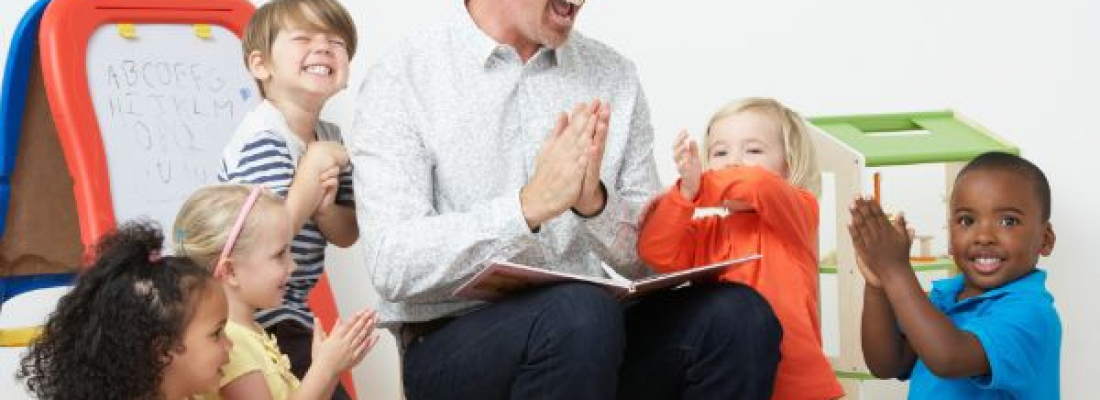Under federal law, it is the duty of the U.S. Department of Education (ED) to issue guidance regarding constitutionally protected religious activity in public schools. In 2003, the ED issued its first required guidance that focused primarily on prayer, religious speech, and how schools could accommodate religious expression. Specifically, the 2003 guidance provided for the allowance of:
- Prayer during non-instructional time
- Student participation in organized prayer groups and activities
- Prayer during student assemblies, moments of silence, extracurricular events, instructional time, and graduation ceremonies
- Expression of religious beliefs in classroom assignments
In January 2020, the ED updated its federal guidance in a publication entitled, “Guidance on Constitutionally Protected Prayer and Religious Expression in Public Elementary and Secondary Schools.” For the first time, the ED added “religious expression” to expand the scope of religious liberty protections. Specifically, the 2020 guidance updates the use of “prayer” to “religious expression” or “religious exercise, including prayer.”
Moreover, the 2020 guidance also updates the prohibition against discrimination based on “religious content” to “religious perspective,” broadening protections for students by instructing that, “The Establishment Clause prohibits State officials from making judgments about what constitutes an appropriate prayer, and from favoring or disfavoring certain types of prayers—be they ‘nonsectarian’ and ‘non-proselytizing’ or the opposite.”
The 2020 guidance features a new section that discusses religious expression in public schools, extending constitutional protections for student prayer to additional expressions of religion, including:
- Distributing religious literature
- Being taught about religion
- Wearing religious attire, subject to existing non-discrimination policies
- Being excused from school based on parental request for religious accommodation
In addition, the 2020 guidance allows student religious groups to:
- Have equal access to school facilities as other secular groups
- Hold prayer or other worship services
- Utilize school media to announce such meetings or services
- Hold meetings during lunch or other non-instructional time
- Require their leaders to members of their religion
The 2020 guidance also specifically extends to teachers, allowing them to engage in religious activities as long as they are doing so in an unofficial capacity “even during their workday at a time when it is permissible to engage in other private conduct such as making a personal telephone call.”
The ED requires state and local educational entities to make an annual certification that they have no policy that “prevents, or otherwise denies participation in, constitutionally protected prayer in public elementary and secondary schools.” Failure to comply may result in enforcement penalties, including loss of federal funding.
The Church Law Center of California advises churches and other nonprofits on how to protect themselves from risk while furthering their mission. Call us today at (949) 892-1221 or reach out to us through our contact page.






